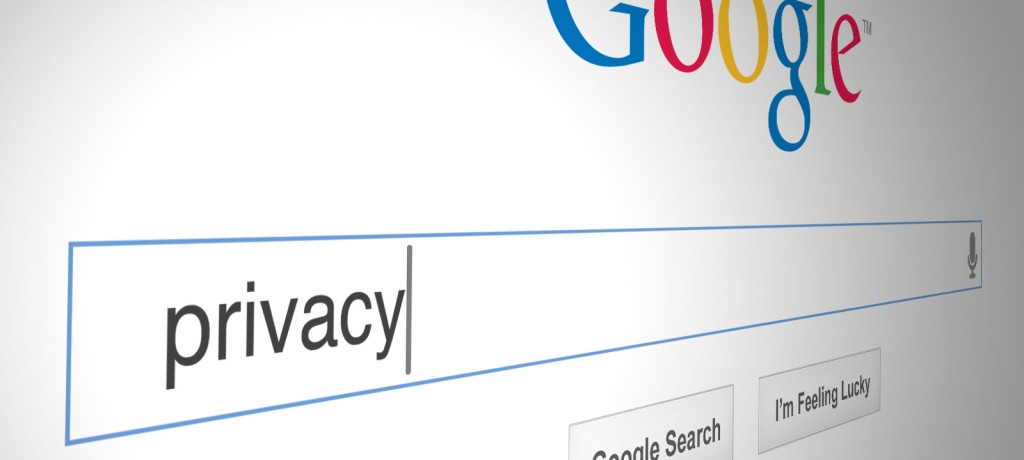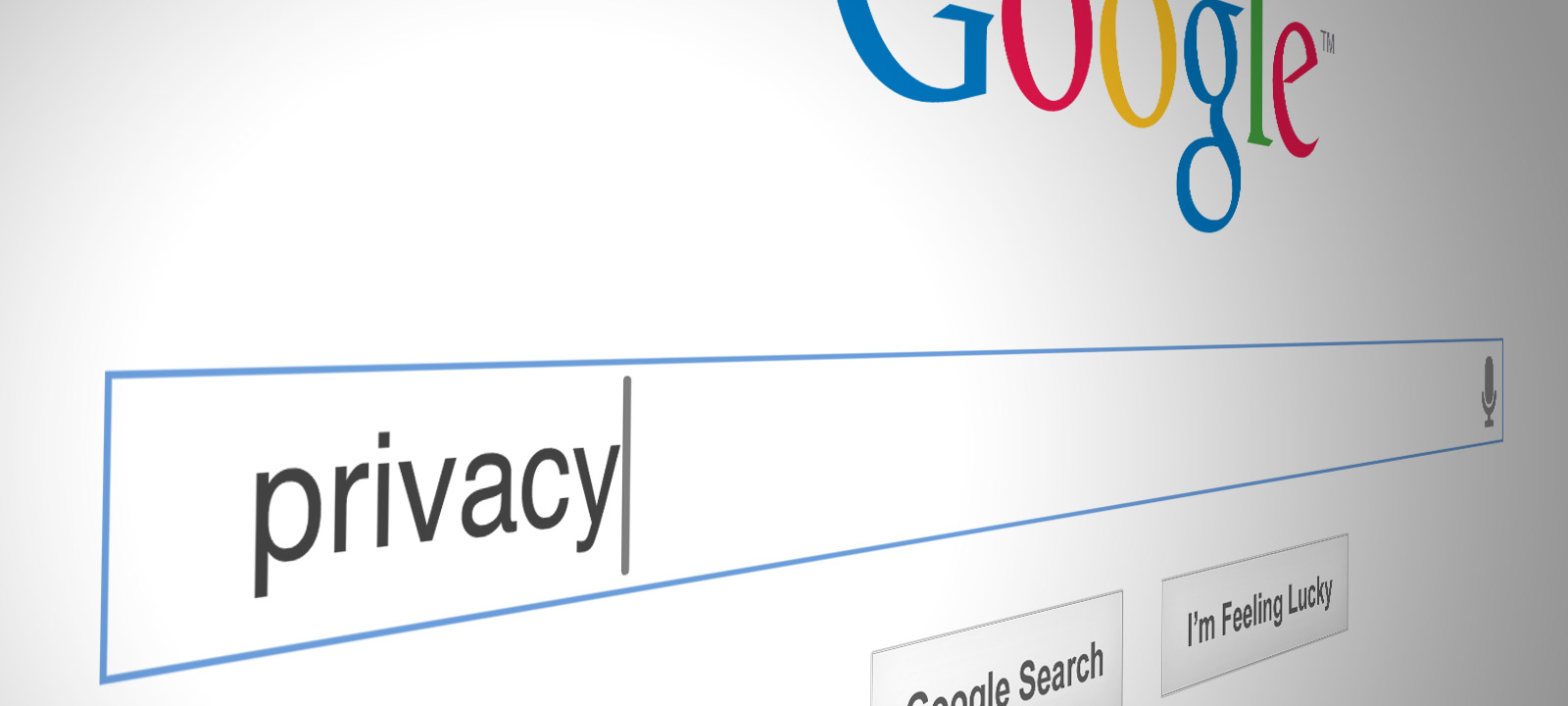
Jon Fox, Global Advocacy Manager for Access points out that we have the power as individuals to curtail mass surveillance and data collection and comments, “Here are four things you can do today to keep your online activities private and secure from snooping eyes.”
1. Secure Browsing: Access recommends using the Tor Browser Bundle which provides access to blocked websites, and prevents others from tracking you online or watching what sites you visit by obscuring your online communications. Tor also prevents websites and others from collecting data on you – most importantly your physical location.
2. Secure Email: The most popular way to encrypt your email communications is using Pretty Good Privacy (PGP), most accessible through its open source version, Gnu Privacy Guard (GPG). For help installing GPG, follow Security in a Box’s walkthrough, which covers Windows, Mac OSX, and Gnu/Linux operating systems. They even have instructions on how to install and use GPG on Android.
3. Secure Search: Search data generated by using Google, Yahoo, or Bing are all stored and can be accessed upon request by state authorities. Unlike these search engines, StartPage (also available as a mobile app for Android and iOS) and DuckDuckGo (mobile app for Android and iOS) do not collect personal information on users; they don’t keep a history of your searches, use cookies, or store your IP address.
4. Secure Chat: Jitsi is a cross-platform, free and open-source encrypted instant messaging, voice, and video chat program and is available for Microsoft Windows, Mac OS,and Linux. It supports many of the most popular instant messenger services, including Facebook, Google Talk, AIM, ICQ, MSN, and Yahoo! Messenger. For web-based secure video chat, Jitsi Meet is a free and open-source solution for the latest versions of Mozilla Firefox, Google Chrome, and Chromium web browsers.

